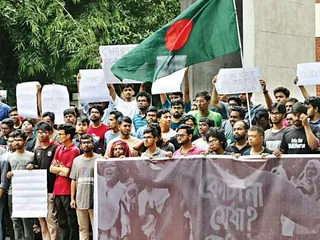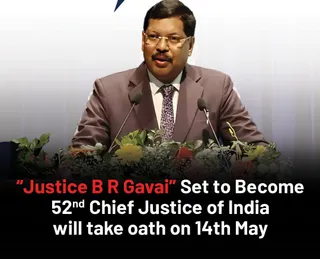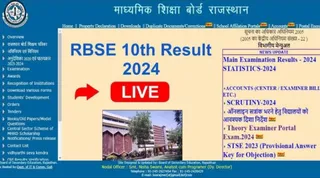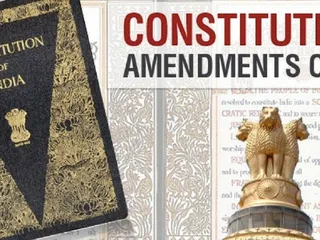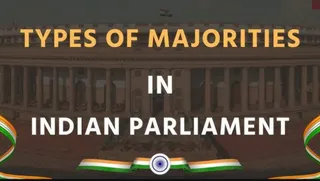The President of India holds significant constitutional powers, primarily related to the legislative process. While the President doesn't possess the power to initiate legislation independently, their role is crucial in the enactment of laws passed by Parliament. Key powers include:
- Assent to Bills: The President must give assent to a bill passed by both houses of Parliament before it becomes law. They can withhold assent (though this is rare) or return a bill for reconsideration.
- Promulgation of Ordinances: In exceptional circumstances, the President can promulgate ordinances, which have the same force of law as an Act of Parliament but must be approved by Parliament within six weeks of the next session.
- Summoning and Prorogation of Parliament: The President summons and prorogues Parliament sessions.
- Addressing Parliament: The President addresses both houses of Parliament at the commencement of each session.
Parliament Amendment Bills 2024: Impact on Presidential Powers
Specific details about potential parliament amendment bills for 2024 are currently unavailable as the legislative session hasn't begun. To track proposed bills and their potential effect on the President's powers, you should refer to official parliamentary sources like:
Once Parliament introduces bills, their impact on the President's powers will depend on the specific clauses and amendments proposed. Amendments could potentially alter the balance of powers between the executive (President) and legislature (Parliament).
Disclaimer: This information is for educational purposes only and should not be considered legal advice. For detailed legal interpretations, consult with a legal professional.


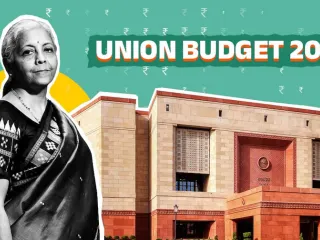



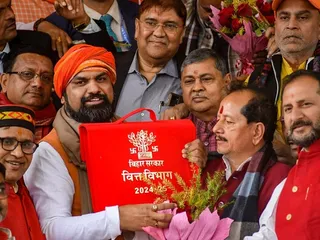





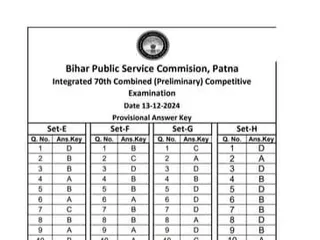



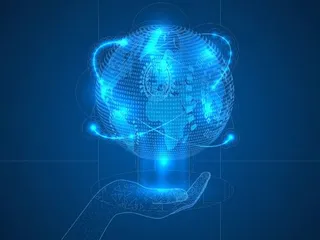
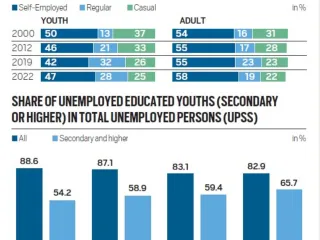


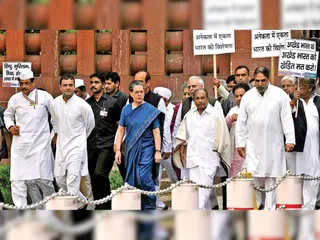


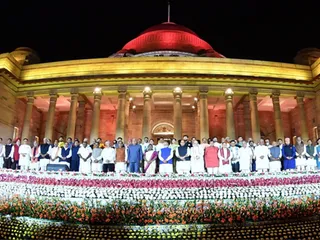
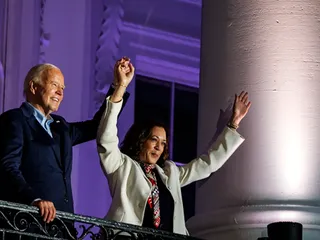


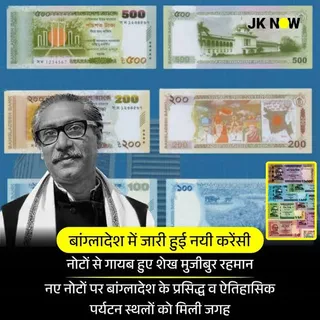






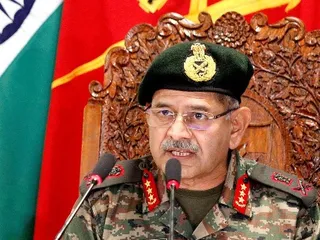



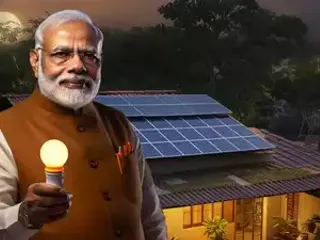
 (24)jpeg-1722421859875.jpeg.webp)

